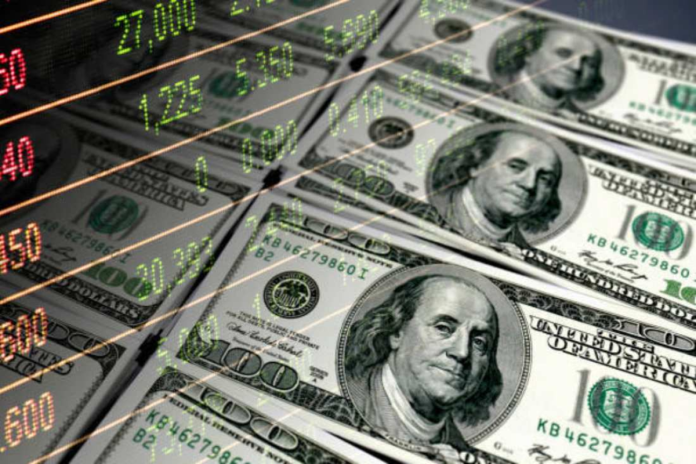Long before the pandemic came and everywhere was at a standstill, there was some resentment about the economic system. This deep feeling of widespread lack of confidence has shaped customers’ collective awareness.
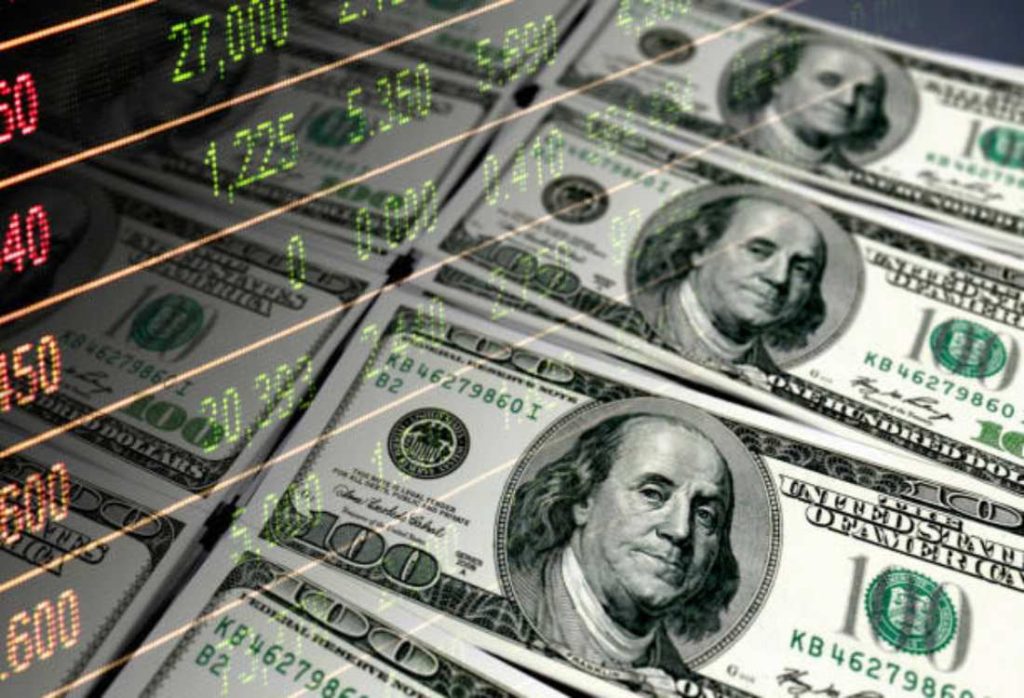
Many who thought we would have a recession were disappointed. The economic environment in 2023 brought an unexpected disparity: consumers’ actual sentiment was totally from their behaviors.
Spending Patterns Matching Inflation Level
For anyone who understands the basic concept of inflation, rising inflation rates often cause people to become more frugal with their spending. But this is different from what we are all seeing.
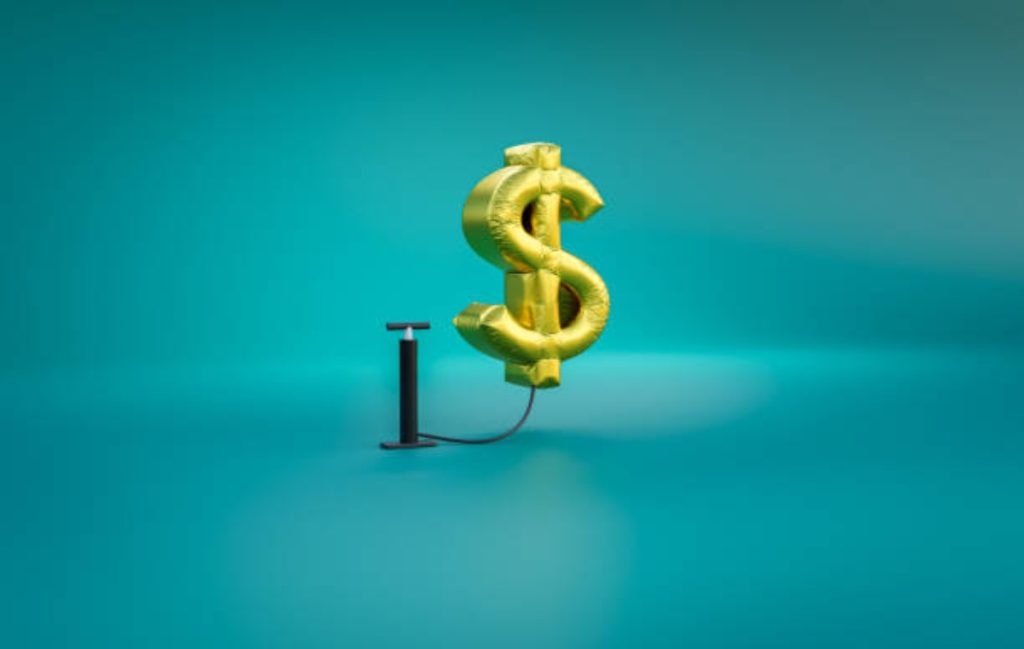
Consumers’ spending patterns appear to match and show unexpected resistance to inflation. Interestingly, these spending patterns have recovered to pre-pandemic levels and emerged as a major engine of economic expansion.
Valuing Actions Over Expressions
Economists stress that seeing concrete acts is much more critical than depending just on words. This emphasis reflects a rising mistrust of the validity and consistency of mood assessments and economic surveys.

The seeming mismatch between people’s statements about their economic outlook and their actual decisions prompts the need to ask questions about the effectiveness of current approaches in fully understanding what is really going on in the economy.
Political Influence on Perceptions
The statistics tell us that the economy is in a good state. However, it only shows us the differences that exist between people’s stated opinions and the economic reality. These people are judging the economy based on their political beliefs.
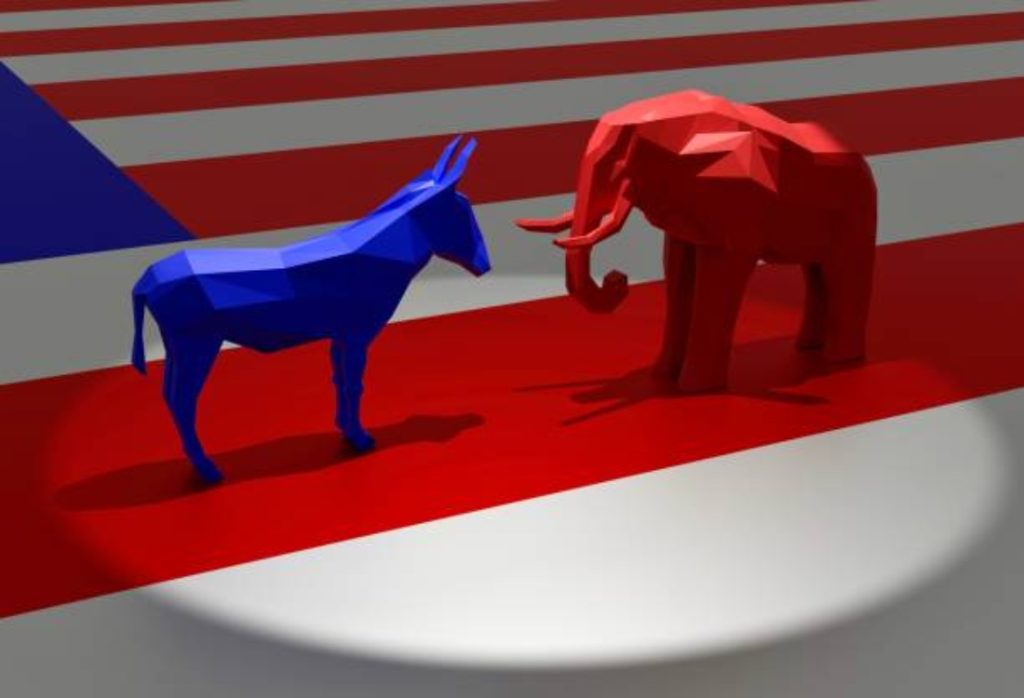
It shows that there are high differences between Republican and Democratic economic perspectives. The huge differences do not reflect their true economic experiences.
Inflation Trends and Concerns
This year’s inflation rate of 3.7% is meager compared to last year’s rate of 9%. Although inflation has seen a notable decline from its previous peaks, it remains a persistent concern within the public.

Even though current inflation rates, while exhibiting a downward trajectory, still hover around historical averages, leaving room for conjecture and speculation about the potential future trajectory and stability.
Perceptions vs. Economic Realities
Consumer spending remains steady despite the widespread anger and worries about inflation’s economic consequences. People’s dissatisfaction and fear about the economy seem counterproductive since inflation has raised earnings and sustained consumer expenditure.
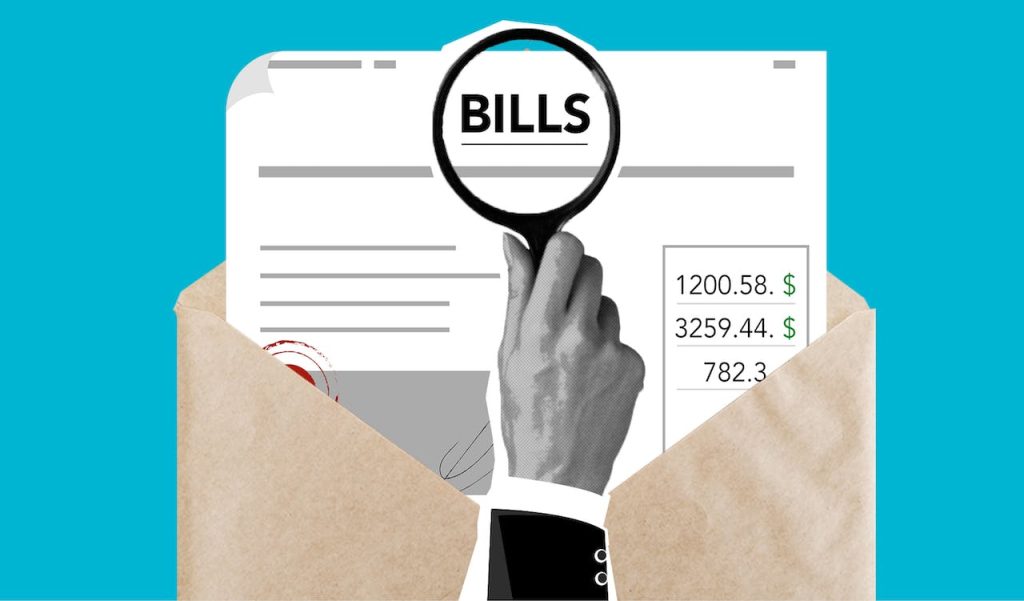
The interconnected global economy and the rise of digital markets may create an environment where traditional economic indicators like inflation rates do not directly correlate with consumer spending behaviors.
Biases in Economic Perception
Selective nostalgia and money illusion influence inflationary tendencies perception. People usually complain about the nominal values of inflation rather than its actual economic effects. Also, people tend to underestimate inflation’s benefits, such as raising asset prices like houses and investments, which affects their perspective.
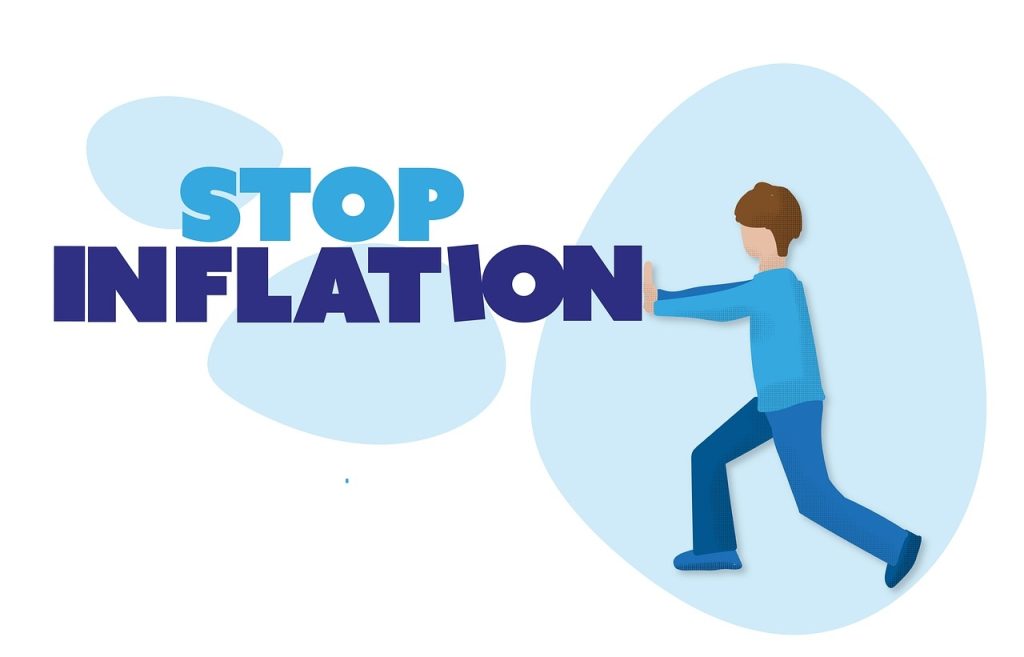
This bias toward nominal values also obscures inflation’s beneficial impacts on salaries and earnings, making it difficult to estimate its total effect on people’s finances.
Distorted Perceptions and Selective Attention
Selective attention and confirmation bias influence inflation perceptions. After experiencing a bit of inflation, people tend to overestimate the frequency and significance of current price rises and inflationary tendencies.
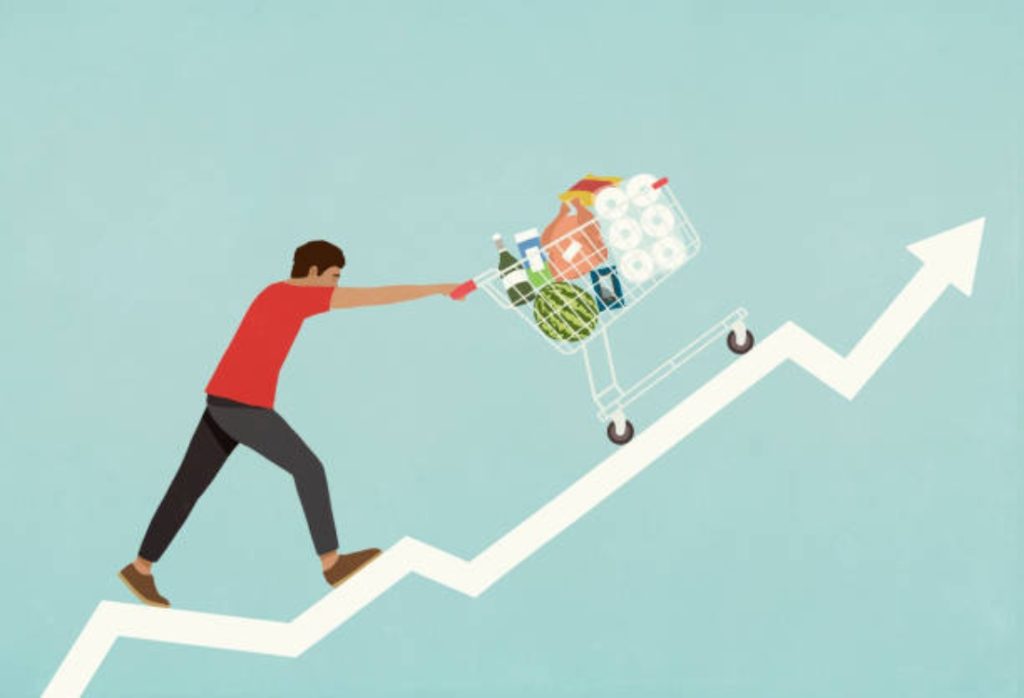
Due to media and social media attention, price rises may be more visible, strengthening confirmation bias. This increased focus on particular price spikes may overshadow occasions when prices stay steady or fluctuate little.
Cognitive Biases’ Impact on Behavior
Cognitive biases affect more than our feelings. It affects behavior. Although inflation increases wealth, these biases cause unfavorable attitudes toward inflation, affecting consumer behavior and economic decision-making.
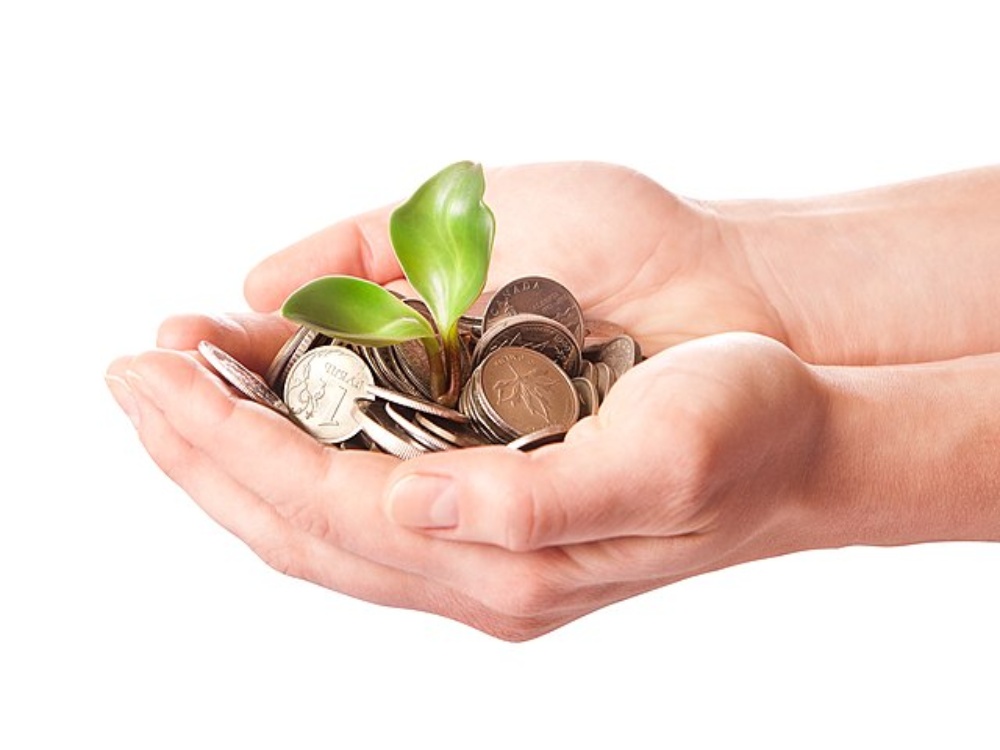
Even when data suggests otherwise, these biases may cause people to postpone long-term investments or savings owing to inflationary concerns. Additionally, these biases may cause unwillingness to adjust to changing economic situations, making it harder for people to make reasonable financial choices that reflect current economic reality.
Economic Inequality
Exploring the enormous gap between expressed opinions and observed actions eventually shows us the fundamental economic inequities. Structured inequities, built and sustained over decades, may cause economic unhappiness and disappointment.
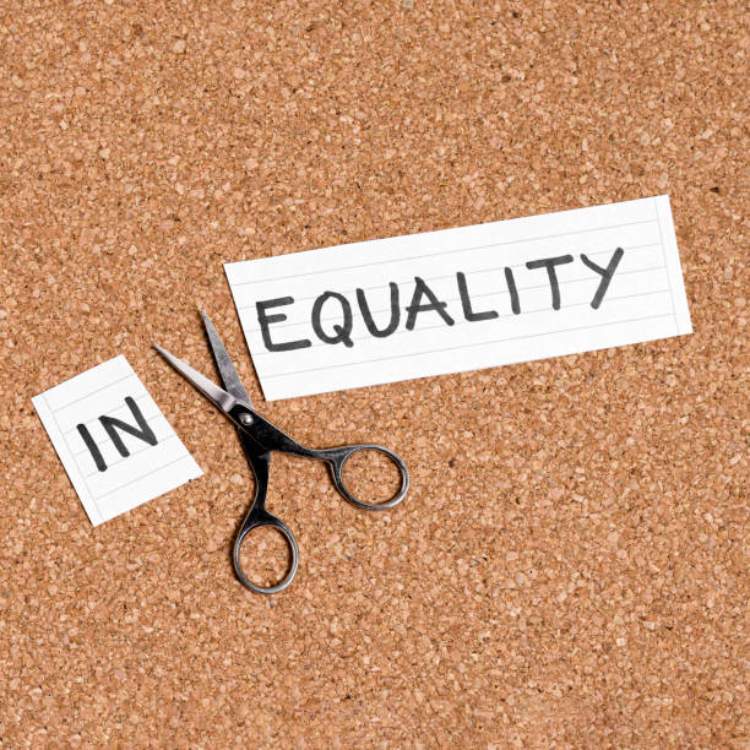
Lack of opportunity, income inequality, and stagnating earnings for some groups lead to a feeling of economic injustice and weaken public faith in the economic system.
Emotional Landscape of Anger and Bias
The combination of deep-seated anger and resentment from a “rigged” economy, inflation, and cognitive biases becomes a big emotional issue. People have different economic realities.
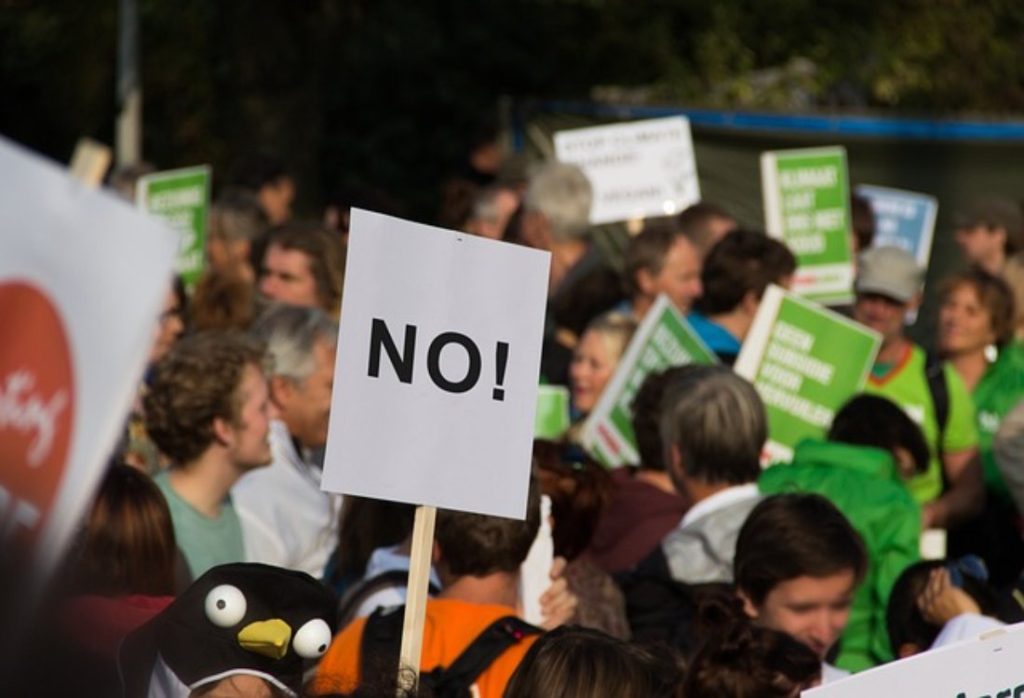
An environment filled with different economic realities creates persistent dissatisfaction. As people keep facing economic marginalization or feeling like they are being ignored, they get more irritated and resentful. Ultimately, it affects how people see and react to economic possibilities.
National Unhappiness
National anger and resentment overshadow an economy that outperforms expectations and demonstrates resilience. Many Americans are not totally happy.

This communal unhappiness, contrasted with economic triumphs, shows how objective economic indicators and subjective perceptions and emotions interact. It emphasizes the need to understand how economic realities, cognitive biases, emotional reactions, and cultural narratives influence national attitudes and behavior.


